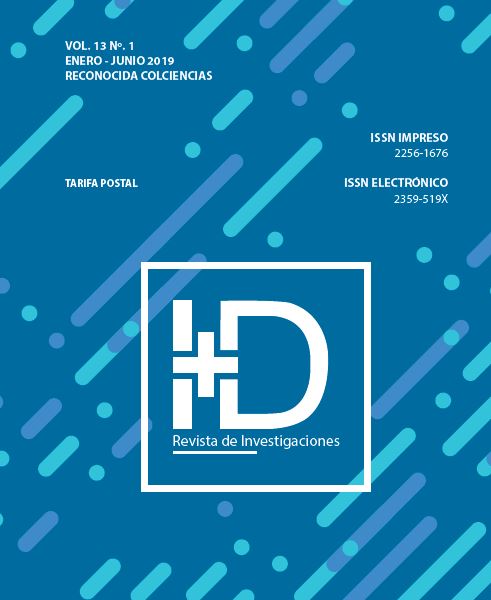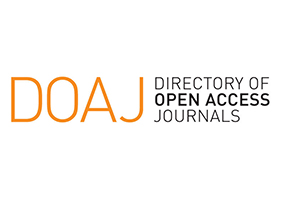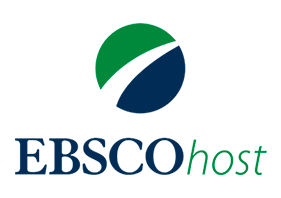Laboratories of international logistics as a model of competitiveness applied in the universities of Colombia
DOI:
https://doi.org/10.33304/revinv.v13n1-2019009Keywords:
International logistics, competitiveness, strategies, teaching, learningAbstract
In the last ten years, the number of universities that have academic programs related to International Business or Foreign Trade has increased, due to the needs that have arisen in the labor market as a result of Globalization. Also, these academic programs have been consolidated and improved over the years, as these same labor market needs lead to new and better knowledge in the field of International Business, demanding more preparation, training and application of knowledge in future professionals who will be in charge activities and responsibilities in the foreign trade area of national and international companies. However, there is a priority in the formation of International Negotiators and is the fact of being fundamentally operative, giving rise to teaching and learning processes based on the application and development of real cases that allow the student to come into contact with certain situations that can experiment in their real working world. It is precisely here that subjects such as Logistics of International Physical Distribution require a physical space in which to apply and/or develop the knowledge and research acquired in classrooms, which highlights the importance of laboratories in international logistics, as support for the pedagogical model of each Higher Education Institution in this area.Downloads
References
Amaya, J. (2005). INTEGRAIL: “Intelligent Integration of Railway Systems”, WP3D_05. Contract PL 012526, Programa Marco, Unión Europea.
Arenas, J. S. C., Pedraza, J. M. S., & Alarcón, C. A. G. (2014). Ecosistema Digital Académico: Hacia una comunidad digital soportada en TIC para las instituciones de educación superior. I+ D Revista de Investigaciones, 4(2), 6–14.
Carrasco, J. (2000). Evolución de los enfoques y conceptos de la logística: Su impacto en la dirección y gestión de las organizaciones. Economía Industrial, (331), 17–34.
Consejo Privado de Competitividad. (2017). Informe Nacional de Competitividad 2016-2017. Retrieved from https://compite.com.co/informe/informe-nacional-de-competitividad-2016-2017/
Council of Supply Chain Management Professionals. (2017). Educating and Connecting the World´s Supply Chain Professionals. Retrieved from https://cscmp.org/
Gómez, M. M. (2006). Introducción a la Metodología de la Investigación Científica. Córdoba, Argentina.: Editorial Brujas.
Grinnell, R., Unrau, Y., & Williams, M. (2009). Research methods for BSW students. Pair Bond Publications.
Hernández Sampieri, R., Fernández Collado, C., & Baptista Lucio, M. del P. (2010). Metodología de la investigación. (McGraw-Hill / Interamericana Editores, Ed.) (Quinta Edi).
Li, L. (2007). Supply chain management: Concepts, techniques and practices: Enhancing value through collaboration. World scientific publishing company.
Pontificia Universidad Javeriana de Cali. (2017). Laboratorio de logistica y mercadeo. Retrieved from https://www.javerianacali.edu.co/laboratorios/laboratorio-de-logistica-y-mercadeo
SENA. (2014). Caracterización del sector de la logística en Colombia. Retrieved from http://www.ciatijfk.org/ciatiweb/images/publicapdf/8.
Simanca, F. A., Porras, A. A., Garrido, F. B., & Hernández, P. C. (2017). Implementación de herramientas tecnológicas en los procesos de enseñanza- aprendizaje de los triángulos. I+ D Revista de Investigaciones, 10(2), 79–88.
Tamayo, M. (1997). El proceso de la investigación científica (4° Ed.). México-España-Venezuela-Colombia: Limusa Noriega Editores.
The World Bank. (2017). LOGISTIC PERFORMANCE INDEX. Retrieved from https://lpi.worldbank.org/
Universidad Autónoma de Occidente. (2017). Laboratorios de Ingeniería Industrial. Retrieved from http://www.uao.edu.co/ingenieria/laboratorios-ingenieria-industrial
UNIVERSIDAD DE CHILE. (2017). Laboratorio de Producción y Logística (LPL). Retrieved from http://ingenieria.uchile.cl/investigacion/presentacion/laboratorios/centro-de-modelamiento-matematico/91342/laboratorio-de-produccion-y-logistica-lpl
Von Thunen, J. H. (1826). The Isolated State. London: Pergamon Press.
World Economic Forum. (2017). The Global Competitiveness Report 2015-2016. Retrieved from http://reports.weforum.org/global-competitiveness-report-2015-2016/
YANG, H., SHI, C.-Q., & LI, L. (2012). Comparison of Construction of Logistics Laboratories in Universities [J]. Research and Exploration in Laboratory, 10, 052.
YANG, S.-Q., YUAN, D.-N., Li, D.-X., YANG, J., WANG, W., XIE, J., & FU, W. (2008). Research and Construction of Modern Logistics Laboratory Engineering System [J]. Industrial Engineering Journal, 1, 034.












